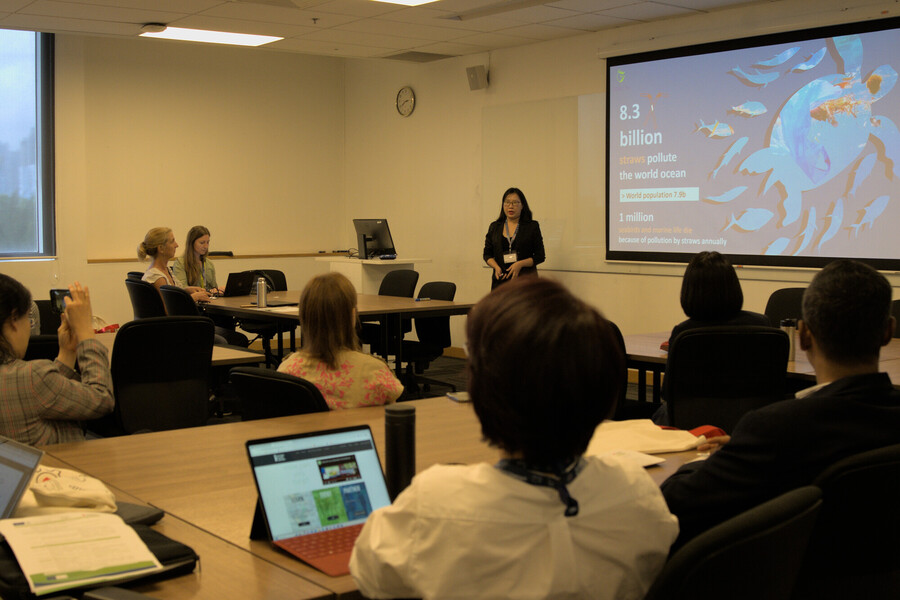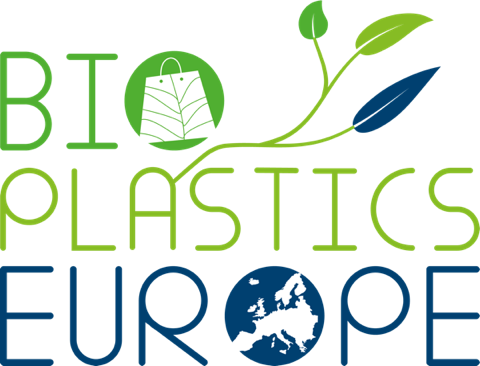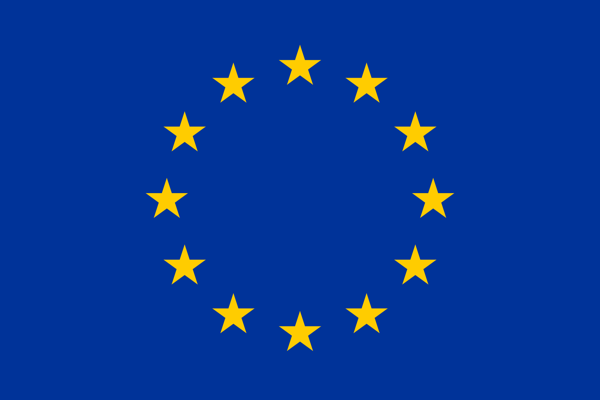EUROPEAN-ASIAN SYMPOSIUM
EUROPEAN-ASIAN SYMPOSIUM on Innovation and Integrative Approaches in Handling Plastic Pollution and Fostering Bioplastic Production
What are measures to counteract plastic pollution of land and water ecosystems? This was the guiding question of the European-Asian Symposium which took place in Vietnam from June 6 to 7 as a part of the BIO-PLASTICS EUROPE project in collaboration with RMIT University, Vietnam.

In a two-day program 53 European and Asian researchers, project managers and company representatives discussed approaches and methods being used in order to further understand the impacts of plastic on the environment, to manage plastic waste and foster the manufacturing and of bio-based plastic products.
On the first day of the symposium the participants visited the largest landfill in Ho Chi Minh City and the factory of Glassia, a Vietnamese company that reuses glass bottles in order to eliminate plastic waste.
The second day of the Symposium was dedicated to the exchange of ideas and discussion among the participants during several plenary sessions. These sessions addressed different plastic pollution solutions such as sustainability-based solutions for bio-based plastic production and general solutions such as education. Also, the topic of how plastic waste can be recycled and processed into new products was addressed, which was met with particular interest among the participants and gave rise to a lively discussion.
After a lunchbreak two parallel sessions took place putting more focus on Vietnam. The country is one of five countries currently responsible for 60 percent of the plastic pollution in the oceans and recycles less than third of its disposed plastic waste. Among the sessions, three Vietnamese companies presented themselves and shared their sustainability efforts.
Thus concluded two successful and instructive days that facilitated the exchange between people from different nations and work areas which showed to be a valuable contribution to counteracting plastic pollution in the oceans and triggered some new ideas and fostered future international collaboration.

